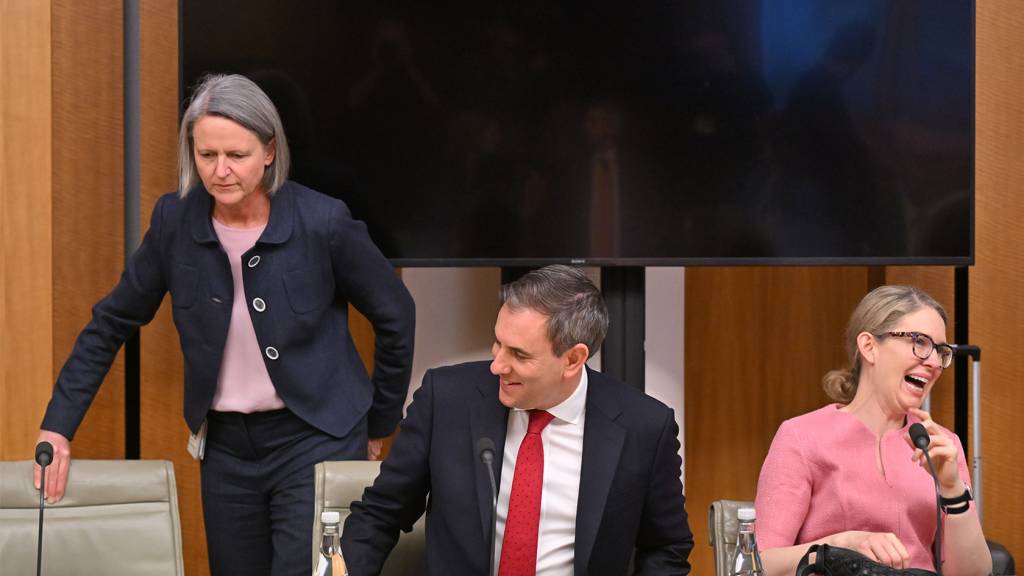
Australia’s economic landscape is under scrutiny as the Reserve Bank of Australia (RBA) joins the Productivity Commission and Treasury in highlighting the detrimental impact of corporate profiteering. The RBA’s recent report underscores the role of declining competition and increasing mark-ups by dominant firms as significant factors in the nation’s productivity challenges.
Two weeks ago, the Productivity Commission released a model indicating a marked rise in “economic rents” — profits derived from market dominance rather than productive activity. Following this, Treasury’s paper for the economic roundtable revealed that industry concentration has intensified, with the largest four firms in each sector accounting for 43% of total industry sales in 2018-19, up from 40% in 2002-03. Furthermore, firm mark-ups have increased by approximately 5% since the mid-2000s.
Reserve Bank’s Findings on Competition and Productivity
The RBA’s paper, How Costly are Mark-ups in Australia? The Effect of Declining Competition on Misallocation and Productivity, authored by Jonathan Hambur and Owen Freestone, presents a stark analysis. They argue that restoring mid-2000s competition levels could enhance productivity by 1-3%, translating to an economic gain of around $3,000 per person, though this figure should be viewed with caution.
“Our key finding is that, if we were able to return to mid-2000s levels of competition, productivity would be 1–3% higher as a result of better allocated resources. This shows that declining competition has been a significant drag on productivity, and therefore GDP and incomes.”
Hambur and Freestone focus on resource misallocation due to increased mark-ups by dominant firms, suggesting their estimates are conservative. They highlight broader costs, such as deadweight loss, which could lead to even greater economic activity loss.
Historical Context and Current Implications
The RBA’s observations are particularly noteworthy given its previous stance during the early post-pandemic inflation period. At that time, the bank, along with business leaders and right-wing economists, downplayed corporate profiteering’s role in inflation, urging the public to dismiss evident profiteering.
For years, critics have argued that inadequate competition stifles productivity and inflates prices. The recent alignment of views from the Productivity Commission, Treasury, and RBA provides a clearer understanding of Australia’s “productivity crisis.” This issue has persisted across different administrations, including under the Coalition government.
The productivity slowdown is attributed to various factors, including the growth of the care economy, fluctuations in the mining sector, and declining competition. Large firms’ market power allows them to extract higher profits, invest less, and innovate less, impacting overall economic health.
Looking Ahead: Policy and Reform
The debate over competition policy is gaining momentum. While the Labor government initiated modest reforms in its first term, more ambitious measures are needed. Notably, Peter Dutton, supported by the Nationals, proposed divestment powers for large retailers, a move opposed by big business but potentially beneficial for competition.
Some Nationals, like Bridget McKenzie, advocate extending divestment powers to other sectors, such as aviation, despite resistance. The idea of divestment is unpopular among major corporations, yet it may hold the key to revitalizing productivity.
As Australia grapples with these economic challenges, the focus shifts to finding effective solutions. Whether through divestment powers or other policy innovations, the goal remains clear: enhancing competition to boost productivity and economic growth. The source of these ideas is less important than their potential to address the productivity crisis effectively.







